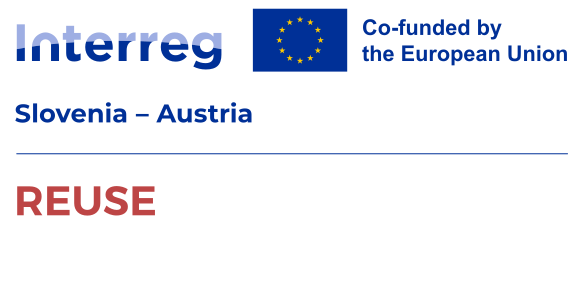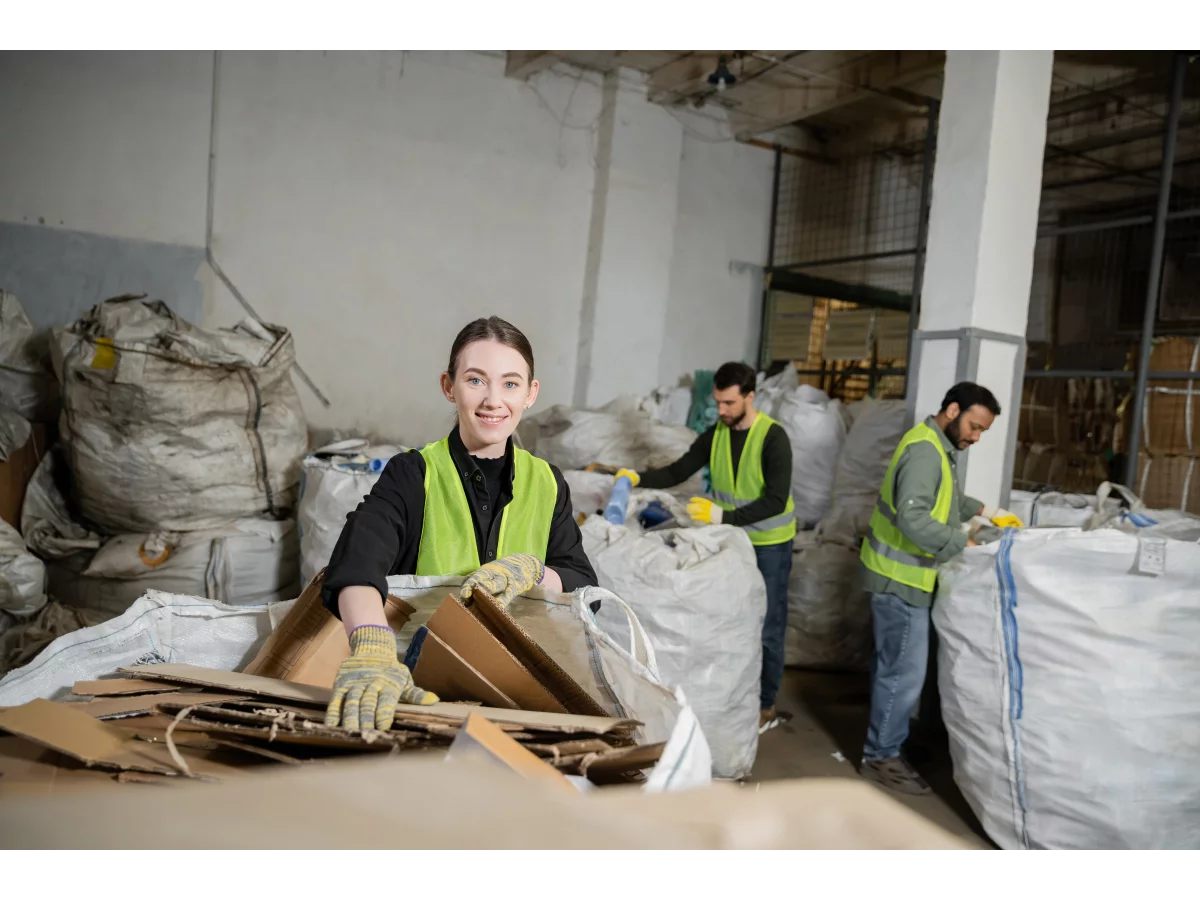Is this service the right solution for you or your company? Send us an inquiry.
LEARN
IMPROVE
CONNECT
GET FUNDED
GET INSPIRED
By adopting eco-friendly and digital solutions across production, operations, administration, marketing, and sales, businesses can reduce their environmental impact while enhancing and market appeal. Embrace these efficiency strategies to position your company at the forefront of the green economy. Embrace these strategies to position your company at the forefront of the green economy.
OUTBOUND LOGISTICS
Activities involved in converting the inputs into finished products and services. This includes manufacturing, assembling, packaging and testing.
READ MORE
CUSTOMER SERVICE
Supporting and enhancing the product or service after sale, including customer support, warranties, repairs and maintenance.
READ MORE
OPERATIONS
The process of transforming inputs into finished goods or services, including tasks like manufacturing, assembling, packaging and testing.
READ MORE
MARKETING & SALES
Promoting and selling products or services through activities like advertising, sales efforts, pricing and managing distribution channels.
READ MORE
INBOUND LOGISTICS
Receiving, storing, and managing materials or inputs that are essential for the production process.
READ MORE
INFRASTRUCTURE
Company-wide systems and structures that support the entire value chain, such as finance, accounting, legal and organizational structure.
READ MORE
TECHNOLOGY DEVELOPMENT
Engaging in research, innovation and technological advancements to improve products or services.
READ MORE



.png)
.png)


.png)



